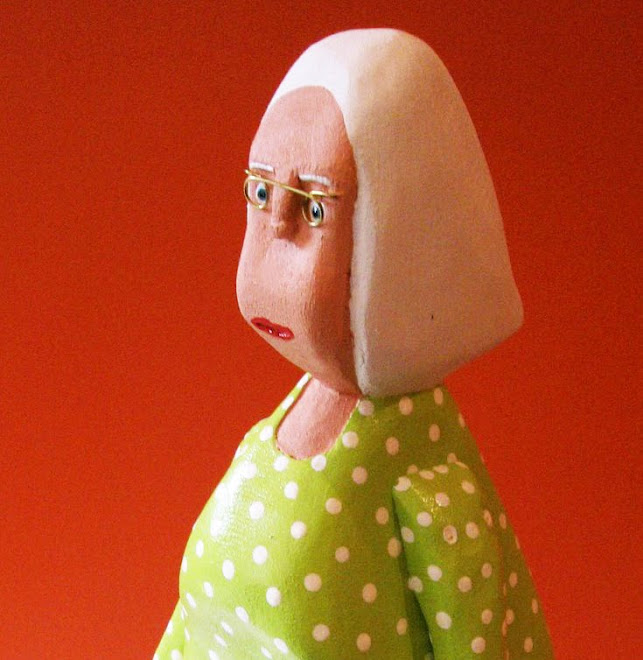Several August
moons ago, I stormed up to the registration tent at the Nova Scotia Open and
tried to remove myself from the tennis tournament.
“What’s the problem?” asked the official.
“My partner is an asshole.” I replied.
“What category are you in?” he asked.
“Parent and Child,” I said.
My child — an otherwise, mild-mannered lad — hates to lose. In what is intended to be a “fun” event at the annual tournament, my refusal to smash the ball at our five-year-old opponent had my doubles partner frothing at the mouth.
Never mind that the adult opponent spared no pace when directing shots at my kid. I just wasn't going there.
Directly after our match, Justin McDonough — son of Alexa, and poster boy for sportsmanship — pulled my little McEnroe aside, and explained why I had done the right thing.
“Winning is not as important as being a decent human being.” he said.
Hearing those words from Justin was the difference between me wrapping my racket around my kid’s neck, or buying him an ice-cream cone.
Later on — in the same Parent and Child category — I watched a father push his own son down and out of the way, so he could smash a winning forehand at the child on the other side of the net.
Evidently, the win-at-all-costs mentality is omnipresent. From the hockey coach who tripped a 13-year-old in a post-game handshake - to the infamous Tour de France - to questionable line calls in junior tennis.
A recent survey for the British Cricket Foundation found that two-thirds of U.K. children feel under pressure to cheat.
At the inaugural parent meeting in Atom AAA, the coach announced that fair and equal play was his modus operandi — that is, until playoffs, tournaments (or against Sackville) — then he’d be shortening the bench. Any parent who wasn’t OK with that could “find another team.”
Nobody budged. Perhaps parental bragging rights to AAA was more important than pulling splinters out of a child’s butt.
Which explains the fat man yelling, “Pull the goalie!” at the Joe Lamontagne minor hockey tournament in Cole Harbour. The goalie was a little girl who could barely reach the top of the net to grab her water bottle. Sure, the score was lopsided — but this was Atom House League, not the NHL — and she was doing her best.
The fat man eventually stormed out, sparing me the effort of kicking him in the 5-hole. I later discovered that his son was the backup goalie.
Thus confirming my belief that the misbehaving adult waving the ‘win-at-all costs’ flag, likely carries a suitcase full of squashed dreams.
Heck, no one is more resentful than myself, with parents who ignored my desire to be the next Chris Evert — resulting in me swapping my racket for a bong, at 14.
But eventually, you just have to let it go.
I played a “friendly” game of 21 recently. The mercury was pushing 35C and we had the tennis courts to ourselves. With 21 (and heat stroke) within reach, I asked the cute young pro to fetch us a couple of cold Smirnoff Ices.
My opponent — an otherwise intelligent woman (despite ridiculous porno moans with every stroke) — suddenly conceded, and began muttering insults.
Dumbstruck, I wasn’t sure if she hated life, hated vodka, or simply hated losing to someone who didn’t treat an osteoporosis-preventing game of 21 like a Wimbledon final.
What’s worse is, she made me hate the game — momentarily — and I felt like the little goalie trying to shut out the fat man.
“Sports do not build
character. They reveal it.”
If famed basketball coach John Wooden’s words ring true, then I am a foul-mouthed competitor, with a thirst for fun at all costs.
If famed basketball coach John Wooden’s words ring true, then I am a foul-mouthed competitor, with a thirst for fun at all costs.
And at this stage of the
game, I’m good with that.
Originally published by the Chronicle Herald.










